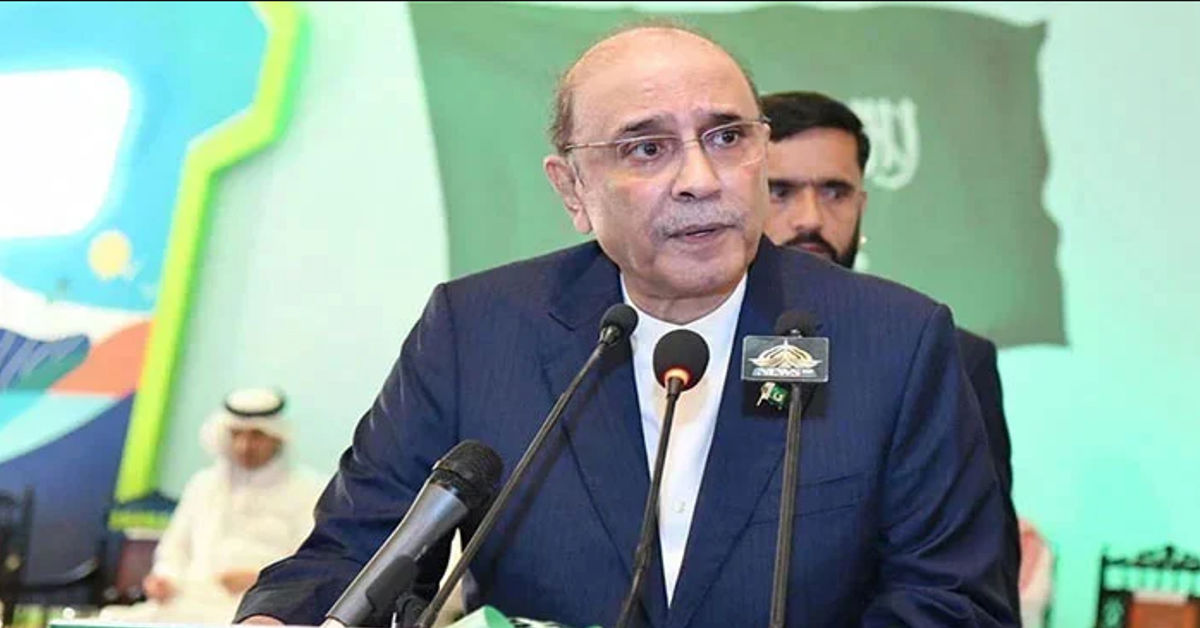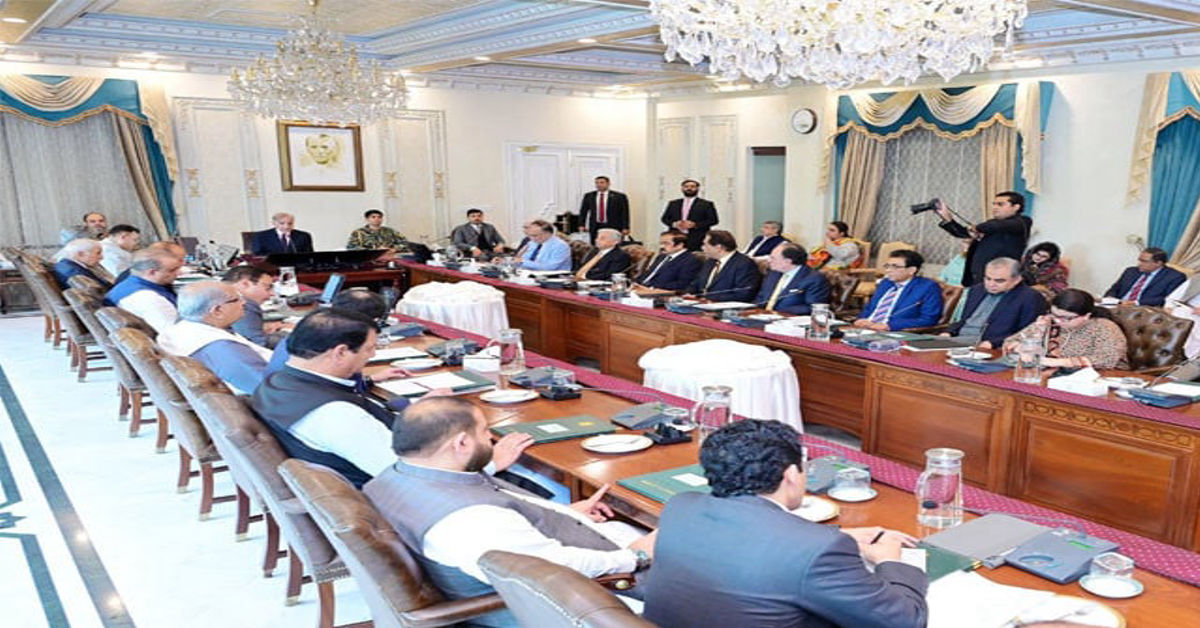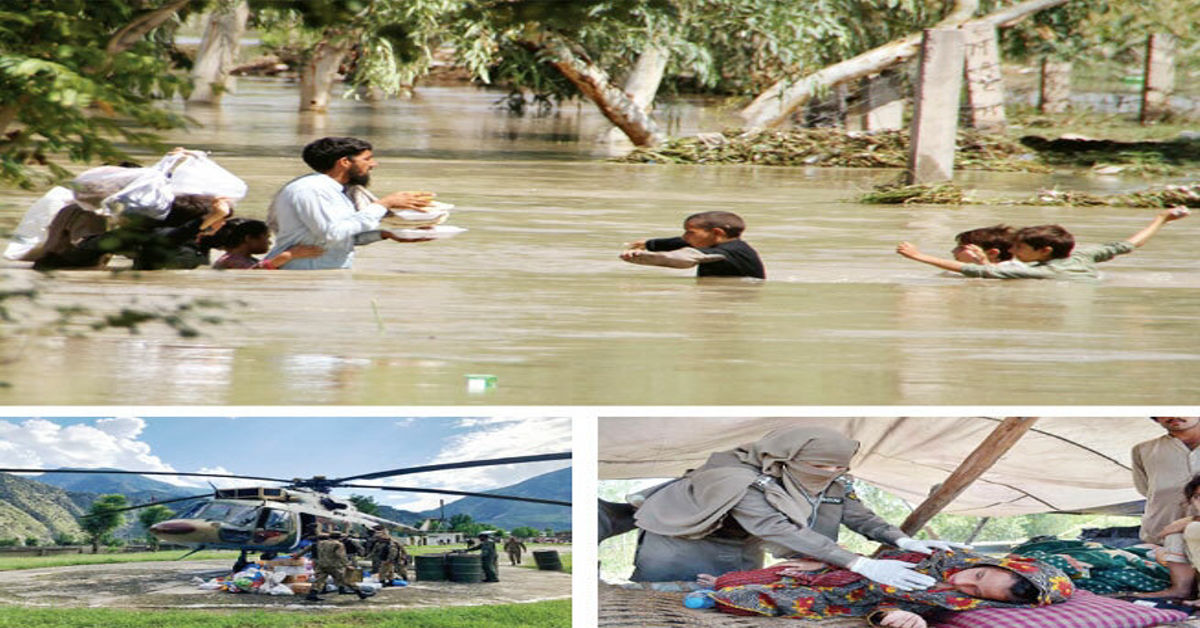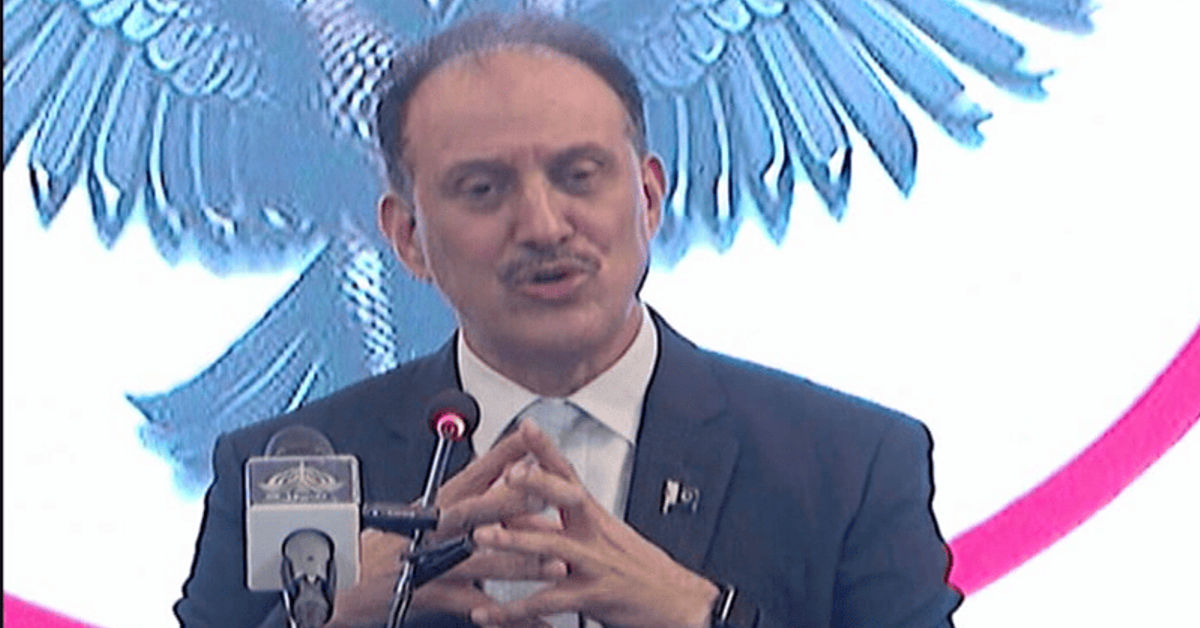
The Central Superior Services Exam is one of the premier competitive exams in Pakistan. It acts as an entry point to the bureaucracy and allows candidates to take on senior administrative roles in the federal government. The examination, whose passing is considered to be extremely difficult, is held annually under the administration of the Federal Public Service Commission (FPSC). Applicant competition for the few available places in different occupational categories is nationwide. The most prominent shift at the moment is coming as the age of eligibility for the CSS Exam is going to be changed from 2026. The current age limit has been between 21 and 30 years with a relaxation of two years for government servants.
Importance of the Age Limit in Civil Services
The age limits, for competitive examinations, have a crucial influence on bringing about changes in the types of applicants. The limit of 30 years on age has been a bone of contention for many prospective candidates who complete higher education or get work experience before applying. The two-year relaxation extended to government employees gives a bit of a breather but to a majority of them. The upper age cap closes the avenues of appearing in the exam. Changing the age cap can therefore be more inclusive and attract a broader base of applicants from diverse origins.
What Changed: Maximum Age Limit Increased to 35
NEW: The National Assembly of Pakistan here on Thursday adopted a resolution urging the government to raise the age limit of CSS Exam from 30 years to 35 years. This move, expected to be implemented from 2026, is a step in the right direction to make it possible for candidates who couldn’t apply earlier because of age limitations. It will give an advantage of sufficient time by way of increased number of years of eligibility for preparation. Especially to the candidates at the rural areas. If enforced, a new civil service could take shape, with mature and experienced people serving the public.
Impact on Future Aspirants
The raising of the age ceiling is also likely to have a high impact on prospective aspirants to the service. I believe this is a new hope to those who had lost hope in the past because of age. This is likely to trigger an influx in licence-seekers once the directive is implemented. This means that candidates can pursue higher education, take up jobs and still not be disqualified from the civil services. Although this is reason to be hopeful, it also means tougher competition with all the more talented applicants who will now throw their hats in the ring.
Concerns and Counterarguments
The change is not universally seen as a welcome one. Some say that the higher limit could dilute the flow of younger and more adaptable civil servants. Others think it might push civil servants’ entry into the system back. Which could lead to a shorter tenure before they retire. The policy may also create new headaches for the FPSC to review the exam structure and standard to have a fair competition with those contestants, who are older that the younger. These discussions underscore the necessity for balanced changes in recruiting.
Broadening Access to the CSS
One of the primary reasons for making the change in age policy is to expand access to the CSS. Applicants from poor neighbourhoods are often kept back by poor educational access, financial constraints, or scarcity of competencies. The longer age bracket allows these athletes more time to develop and more time to compete on the level playing field of age. It is in line with the overall objective of fostering inclusion and diversity in the civil services of Pakistan. By relaxing the CSS Exam, this policy can motivate candidates from backward and rural areas to contest for the top civil position.
Timeline of On-the-Ground Enforcement and Policy Clarity
Passed resolution, but not policy yet. The resolution will not be binding until approved and enacted by FPSC and other appropriate government agencies. For now, applicants applying for CSS 2025 will be following the existing age limit policy. The change is anticipated to take effect from the 2026 exam. The clarity of instructions and timely announcements from the FPSC will be key for the aspirants to manage their preparation.
Preparation Tips for Older or Wiser Applicants
With the age being raised possibly to 35, many of the candidates who are older may at last have decided to give the exam a shot! But this age bracket might have particular obstacles, such as family, work, or previous schooling. Time management, study methods and station study A focus on efficient time management. Targeted preparation techniques and involvement with mentoring programmes will form the cornerstone of their success. Study groups, online references and past papers can assist in order to cover such a wide syllabus. Also, for returning to studies after a break psychological readiness and the consistency is also going to be important.
Implications for Civil Service Recruitment
The raising of the age limit is part of a wider debate about reforming the civil service recruitment process. Expanding eligibility opens the process to a more diverse group with greater experience, the government says. That could improve the quality of governance, as fresh entrants might have a broader array of perspectives and skills. But it also requires the constant review of the exam format, training mechanisms and career progression systems in the civil service to remain robust and efficient. And be attuned to the nation’s requirements.
Conclusion
The suggested raise in the upper limit of age for the CSS marks a watershed in Pakistan’s civil service recruitment model. The policy aims to promote democratic access and expects to foster a more accountable pedagogic transaction by extending the maximum age to 35 years. There are still some worries, but there is also significant upside in terms of governance and inclusion. CSS Exam Candidates need to keep themselves updated, chart their preparation in line with the CSP Exam and take full advantage to play a role in Pakistan’s Best Public Sector.


















































































































































































































